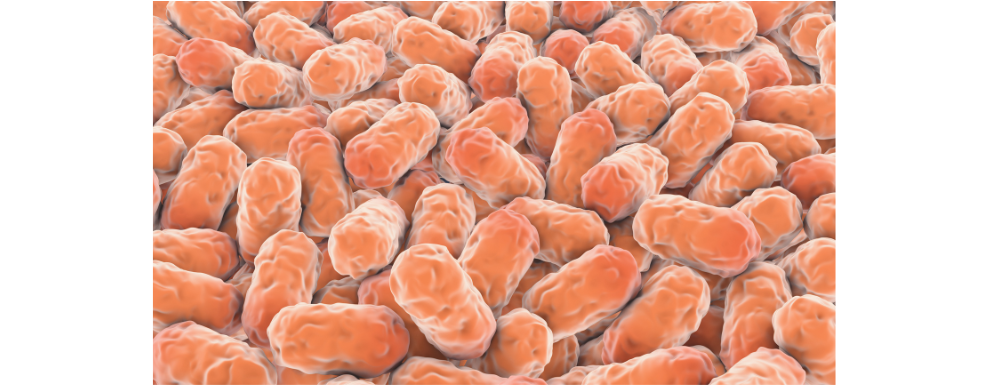A team of Cornell University scientists characterized the genome of a metal-loving bacteria with an affinity for rare earth elements—potentially replacing the harsh chemical processing of the elements with a benign practice called biosorption. Their research, “Genomic characterization of rare earth binding by Shewanella oneidensis,” was published in Scientific Reports.
Currently, retrieving the metals from raw ore requires processing with acids and solvents. The team’s solution, powered by a microbe, could make processing rare earth elements cleaner and scalable and provide a steady U.S. supply for clean energy infrastructure and defense applications.
Current methods are too costly and environmentally damaging. The new solution is a green alternative that uses microbes to selectively adsorb and purify rare earth elements, eliminating the chemicals.
The microbe selectively clings to these rare earth elements, making it an ideal candidate for an eco-friendly purification procedure. Typically, S. oneidensis likes dining on the f-block elements in the sixth row of the periodic table, known as the lanthanides. It specifically favors europium. Characterizing the genome allows scientists to tweak its preference for processing other rare earth elements.
Now,Due to stringent environmental regulations and high infrastructure costs of building a separations plant, all the purification of rare earth elements is done abroad. The new method would eliminate the problems. Separations could be done with repeated enrichment through columns full of immobilized bacteria instead of mixer-settler plants that are miles long. The group anticipates a pilot-scale purification system by 2028.

